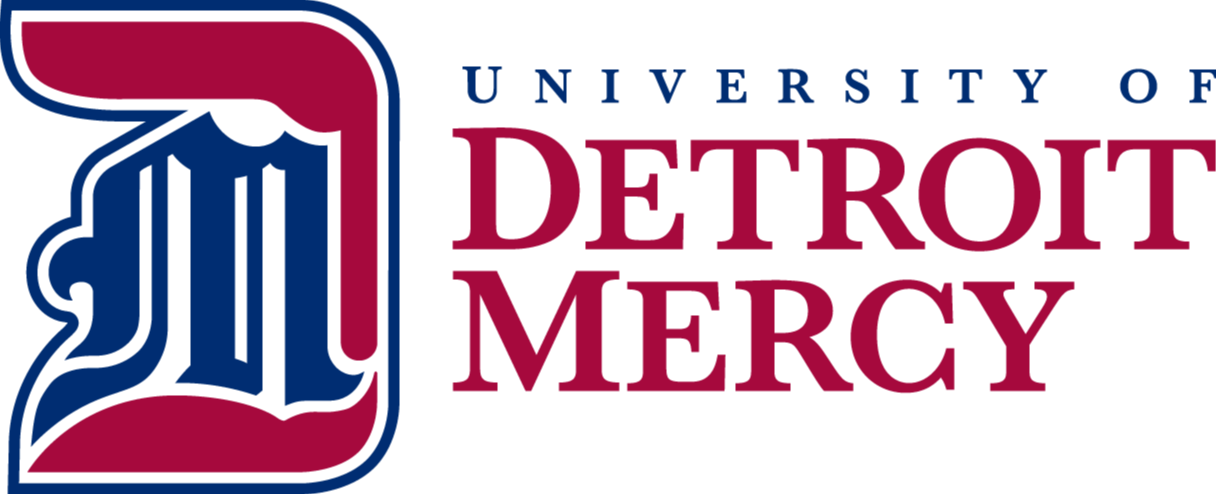AI-Driven Quality Control in Manufacturing
Main contact
Timeline
-
September 1, 2025Experience start
-
April 25, 2026Experience end
Hourly pay is US$22.00/hr with a range of 256 - 300 hrs per learner.
Experience scope
Categories
Machine learning Artificial intelligence Mechanical engineering RoboticsSkills
robotic systems artificial intelligence machine learning methodsThis experience is designed for a learner with skills in artificial intelligence, robotics, and machine learning with a focus on practical applications in manufacturing. The program aims to equip the learner with the ability to design and implement AI-driven solutions that improve quality control processes, ensuring efficiency and accuracy in manufacturing environments. Other related applications within or outside of manufacturing (agriculture, medical imaging, etc.) would also be of interest.
Learners
- Development of a machine vision algorithm for defect detection, safety, etc. (non manufacturing applications also welcomed).
- Integration of AI software with existing manufacturing systems.
- Prototype of a robotic system for automated quality inspection.
- Comprehensive report on AI-driven quality control improvements.
- Presentation of project outcomes and recommendations for implementation.
Project timeline
-
September 1, 2025Experience start
-
April 25, 2026Experience end
Project examples
- Designing an AI system (most likely using YOLO for image analysis) to identify and sort defective products on an assembly line.
- Developing a machine learning model to predict equipment failures before they occur or help diagnose issues when they occur.
- Creating a robotic arm solution for precise quality inspection in electronics manufacturing.
- Implementing a software integration project to streamline data flow between AI systems and manufacturing databases.
- Building a machine vision system to ensure packaging accuracy in a production facility.
- Developing an AI-based tool to optimize resource allocation in a manufacturing plant.
- Creating a dashboard for real-time monitoring of quality control metrics using AI insights.
- Designing a prototype for an AI-driven predictive maintenance system.
The work would be done by one student during the 2025-2026 academic year, but must provide a minimum of 256 hours of student work such that it can count as a co-op experience for the student (our program requires three co-op experiences).
Main contact
Timeline
-
September 1, 2025Experience start
-
April 25, 2026Experience end
